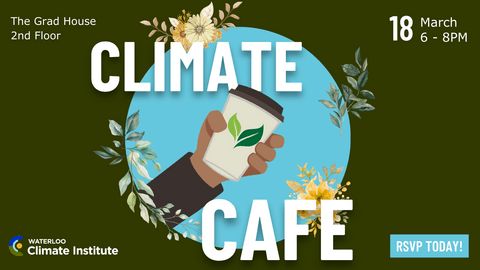Solar Energy in Action: Research and Impact at Waterloo
For Earth Day, the University of Waterloo highlights its solar energy initiatives on the Environment 3 (EV3) building. With new solar panels and advanced measurement tools, researchers are enhancing energy literacy and exploring solar efficiency. These efforts, led by the Faculties of Environment and Engineering, aim to inspire sustainable behaviors and improve energy conservation, showcasing the university’s commitment to renewable energy and a sustainable future.









